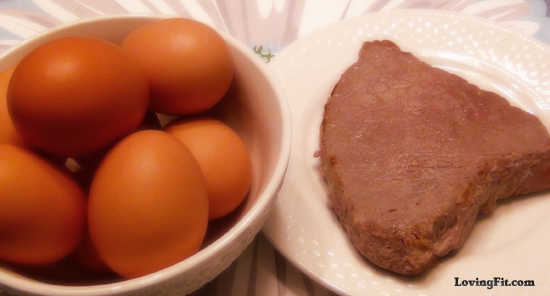Protein Explained

Protein is an important part of your diet. Your body uses protein to make structural and biochemical reactions that required for muscle contraction, cardiovascular function, and immunity from disease. The ultimate value of a food protein or a protein supplement is in its amino acid composition.
Amino acids are the building blocks of protein and muscle tissue.
Protein is made up of 21 amino acids, which are known as the building blocks of life. From these building blocks protein molecules are created.
There are 3 categories of amino acids. 8 essential amino acids, which human body doesn’t produce in sufficient amounts to meet it’s demands, so they have to be obtained from food or supplementation. 7 conditionally-essential amino acids, which your body cannot produce in proper amounts during the periods of illness, injury or emotional stress. And 6 non-essential amino acids which your body can synthesize in sufficient amounts. All three are required in your diet.
Without the right amount of protein your body cannot function properly.
There are two types of protein. Complete Protein and Incomplete Protein. Complete Proteins contain all of the essential amino acids.
Incomplete Proteins are deficient in one or more. If only incomplete proteins are consumed the body will not fully utilize them during protein synthesis. It is possible thought to mix two Incomplete Proteins to make a Complete protein. In example of this is mixing rice and beans.
Here is a list of some complete and incomplete protein sources:
Complete Protein Sources:
- Whey, casein (contained in cottage cheese), milk, eggs, beef, chicken, fish, turkey, cheese, yogurt.
Incomplete Protein Sources:
- Vegetables, fruits, rice, grains, oats, pasta, some nuts, bread, sunflower seeds.
Whey protein was once a by-product that was discarded by dairy farmers. But for the last decade whey has been the number 1 protein of choice. If you want to understand why Whey Protein is important take a look at the Biological Value Scale, it is a scale that measures the quality of specific proteins. It rates how efficiently your body uses a specific protein source. The higher the biological value, the more amino acids and nitrogen our body is getting from the food you eat.
Biological Value of protein Sources:
Whey – 106-159
Egg – 100
Cow’s Milk – 91
Fish – 83
Casein – 80
Beef – 80
Chicken 79
Soy – 74
Wheat Glutein – 54
Kidney beans – 49
50% of your daily nutrition intake should be Protein.







